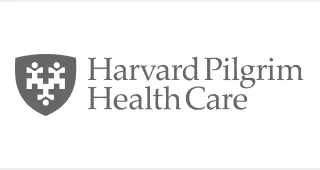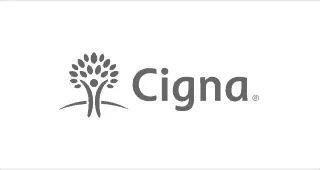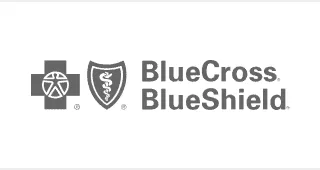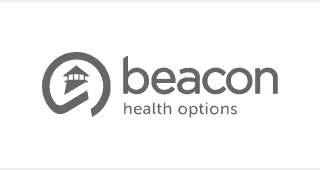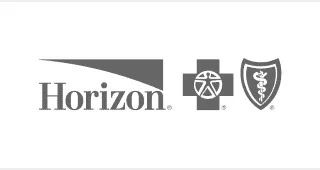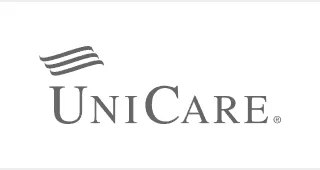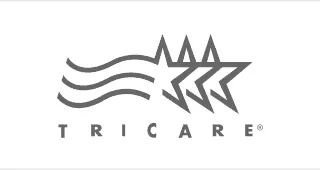What is Depression?
Depression is a clinically diagnosed mood disorder that is characterized by consistent feelings of sadness. Patients who experience depression symptoms often pull back from their beloved hobbies, close relationships, career pursuits, academic responsibilities, and general life participation.
Patients often suffer from negative or harmful thought processes and unhealthy coping mechanisms. In some cases, the symptoms of depression can be exacerbated by the presence of co-occurring disorders (or a dual diagnosis), such as Substance Use Disorder (SUD) or General Anxiety Disorder.
Symptoms of Depression
Depression symptoms may vary from patient to patient but will have a general impact on sleep, appetite, and energy. Symptoms common for depression patients include:
- Irregular sleep patterns
- Reduced joy or pleasure in interests
- Thoughts of worthlessness
- Feelings of guilt
- Fatigue
- Inability to focus
- Drastic weight changes or lack of appetite
- Suicidal thoughts
- Irritability
- Reduced functionality
- Influence substance abuse
If you or someone you love is suffering from any or all of these symptoms, find relief in skilled and compassionate rehab for depression. Contact Achieve Wellness Today to evaluate your treatment options.
Defining The Different Depressive Disorders
According to the American Psychiatric Association’s Diagnostic Statistical Manual of Mental Disorders, Fifth Edition (DSM-5), depressive disorders are categorized into five different classifications:
- Disruptive mood dysregulation disorder;
- Major depressive disorder
- Persistent depressive disorder (dysthymia)
- Premenstrual dysphoric disorder
- Depressive disorder due to another medical condition
No matter what the official diagnosis is, all depressive disorders are defined by their impact on how you feel and function. From feelings of emptiness and reduced daily function, the disorder begins to shape who you are.
You can shape your life to be more aligned with your goals and your potential. Effective and individualized treatment can help.
How A Rehab For Depression Treatment Center Can Help
Did you know that 60% of people with mental health concerns don’t seek professional help?[3] That means only 40% of people suffering are pursuing the help they need. It’s also important to note that antidepressants aren’t the only treatment solution available.
In many cases, medications can cause additional complications, especially if taken outside of their prescribed dose or taken for too long. There are other solutions available to help you or a loved one overcome the struggle with depression.
With our individualized treatment plan for depression rehab, our patients undergo a detailed and comprehensive evaluation. Based on this information, our treatment team will design a custom schedule for treatment programs designed to promote holistic healing and future success.
It’s possible to treat depression. It’s possible to experience life anew. We can help you heal at our rehab for depression.
Variety of Therapeutic Treatments
Our therapy treatment team is experienced and qualified to assist in any number of evidence-based treatments. From Cognitive Behavioral Therapy to Group Therapy, each therapy session is designed to effectively support your healing journey and provide practical coping skill training.
Peaceful Environment
In order to truly navigate depression treatment, it’s important to be in a distraction-free space in a tranquil setting. A depression treatment center offers mental, emotional, and physical space for recovery.
Healthy Habit Development
When suffering from a mental health disorder, patients often develop unhealthy habits of thinking, feeling, and coping in order to manage their symptoms. With evidence-based therapy treatments, our medical professionals can help you develop new and healthier habits to achieve greater levels of confidence and independence.
Regular, Reliable Support
Unhead and unsupported are hallmarks of a patient suffering from a mental health condition. At Achieve Wellness, you never have to wonder if we’re here for you. You’re never without access to a wide range of support channels, from mental health professionals and clinicians to peers and mentors. Our goal is to see you recovering and positive, and we’re here to help you get there.
Holistic Therapies
Our holistic approach to substance use and mental health treatment involves treating the whole patient, mind, body, and soul. By implementing a range of therapies, from behavioral health and medication management to experiential therapy sessions, we have seen the impact of success.
CBT
Cognitive Behavioral Therapy (CBT) is a field of psychotherapy that operates on the assumption that undesirable actions are directly connected to unhealthy thoughts and feelings. CBT focuses on identifying the underlying thinking patterns that lead to unhealthy behaviors and modifying natural patterns. By gaining a deeper understanding, patients learn to navigate their disorder with more awareness and overcome obstacles.
DBT
Dialectical Behavioral Therapy (DBT) is similar in application to CBT, but the goal is different. In DBT sessions, the patient is equipped to accept themselves and their circumstances as they are and learn new ways to internally navigate them safely.
Art Therapy
Unlike talk therapy, art therapy is a hands-on approach that allows you to be actively involved in your recovery journey while pursuing fun and relaxing activities. During these therapy sessions, the provider will help you work through mental and emotional processes as you engage in the activity.
Peer support
Peer support is a critical element of recovery. These sessions are led by a clinician or provider and attended by a collection of like-minded peers like you. Ongoing support groups also play a significant role in a successful recovery.
Family Therapy
When one family member suffers, the whole unit suffers. Family therapy is a safe space for partners, children, siblings, and parents to get help themselves as they help their loved ones navigate depression. Each individual member has the opportunity to be supported, which allows the family unit to operate and communicate more productively together.
Explore Treatment Options and Depression Rehab At Achieve Wellness
At Achieve Wellness & Recovery, our compassionate and experienced team of mental health and addiction specialists is here to help you uncover the root cause of your depression and learn the tools you need to overcome any mental health challenges. By providing a safe environment and comfortable, peaceful setting, our goal is to help you pave the path towards healing and rejuvenation. Contact us today to get started.
We work with most insurance companies. Please note we are not affiliated with or endorsed by insurance companies.
No Medicaid Accepted.




